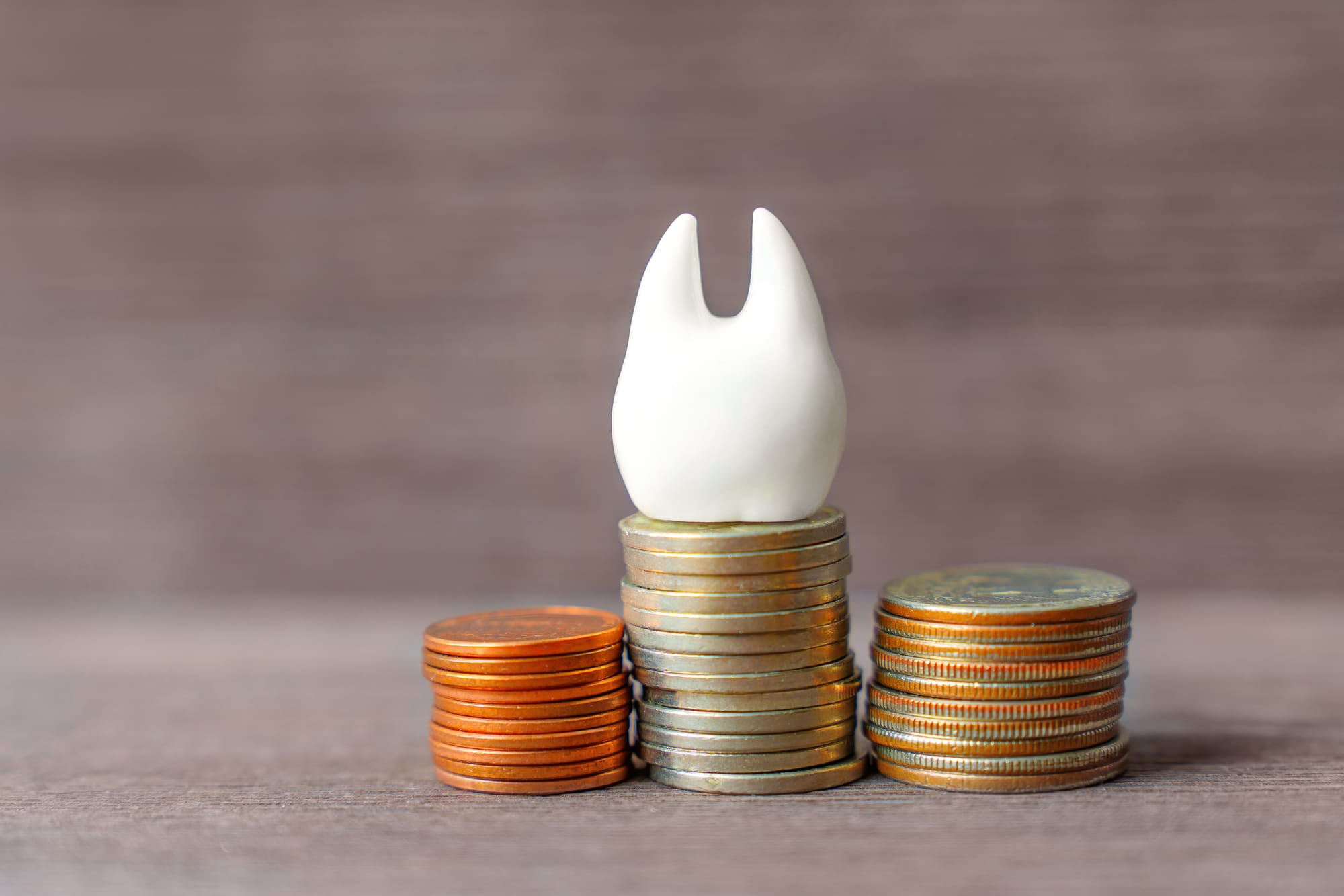
Common Misconceptions About Oral Health: Debunking Myths and Facts
Oral health is an essential aspect of overall well-being, yet it is often surrounded by a myriad of misconceptions that can lead to improper care and potentially severe dental issues. Understanding the difference between myth and fact is crucial for maintaining a healthy smile. Here, we dive into some of the most common myths about oral health and provide the facts that debunk them.
- Myth 1: Brushing More is Always Better
While good oral hygiene is crucial, over-brushing can actually harm your teeth and gums. Brushing too hard or using a hard-bristled toothbrush can wear down tooth enamel, irritate gums, and lead to sensitivity. Dentists recommend brushing twice a day with a soft-bristled brush and using gentle, circular motions to effectively clean teeth without causing harm.
- Myth 2: Cavities are Only Caused by Eating Sugar
Although consuming sugary foods and drinks can contribute to cavity formation, they are not the sole cause. Cavities are formed when bacteria in the mouth produce acid that begins to erode tooth enamel. Factors like oral hygiene, pH levels in the mouth, frequency of meals, and genetic susceptibility also play a substantial role. Thus, maintaining overall dental care is vital, not just limiting sugar intake.
- Myth 3: Flossing is Optional
Despite some debate about the benefits of flossing, dental professionals agree that regular flossing is an essential part of oral care. Flossing removes food particles and plaque between the teeth where a toothbrush can't reach. Skipping this step can lead to gum disease and cavities in between the teeth. Therefore, it is recommended to floss at least once a day.
- Myth 4: A White Smile Means Healthy Teeth
TWhile white teeth may be aesthetically pleasing, they do not necessarily indicate that teeth are healthy. Teeth naturally vary in color, and surface whiteness may still hide underlying problems such as cavities or gum disease. It is crucial to have regular dental checkups to ensure teeth are healthy both inside and out.
- Myth 5: Bleeding Gums are Normal during Brushing or Flossing
Bleeding gums are a common symptom but are not normal. They indicate potential gingivitisis—an early stage of gum disease—or can be a sign of improper brushing techniques. If your gums bleed, it is essential to visit your dentist to determine the cause and to refine your brushing and flossing techniques.
- Myth 6: You Don't Need the Dentist Unless You Have Trouble
Many people believe they need to visit a dentist only when they are in pain. However, regular dental check-ups are crucial for maintaining oral health and preventing disorders. Dentists can detect early signs of problems that may not yet cause pain but can become serious if left untreated. Regular visits, typically recommended every six months, help keep your teeth and gums healthy.
- Myth 7: Oral Health Does Not Affect Overall Health
Oral health is closely linked to overall health. Conditions like gum disease can be associated with health problems including diabetes, heart disease, stroke, and respiratory conditions. Keeping your mouth healthy helps you protect your entire body's health, emphasizing the importance of regular dental care.
- Myth 8: You Shouldn’t Brush Your Teeth if Your Gums are Bleeding
Contrary to the myth, it is actually more important to brush and floss if your gums are bleeding to remove the plaque that is causing the inflammation. Instead of avoiding cleaning, use a soft-bristled toothbrush, gentle pressure, and proper flossing techniques to help alleviate the issue. If bleeding continues, consult your dentist.
- Myth 9: Bad Breath Means Poor Brushing
While poor oral hygiene can lead to bad breath, it is not the only cause. Bad breath, or halitosis, can be caused by a variety of factors, including leftover food particles, dry mouth, consumption of certain foods, or medical conditions. Thus, a holistic approach involving good oral hygiene, proper diet, and checks for other health issues is essential.
- Myth 10: More Dental Work Means Healthier Teeth
The quantity of dental work done is not directly proportional to oral health. The goal is always to preserve as much of the natural tooth structure as possible. Preventative care is key, and the best dental strategy is one that supports your teeth’s health through prevention rather than extensive treatment.
Debunking these common myths can improve your approach to oral hygiene and help you safeguard your dental health as well as your overall well-being. Always remember to discuss any concerns with your dentist who can provide the most personalized and effective advice and treatment. Regular dental visits paired with proper oral care at home are the best defense against oral health issues.